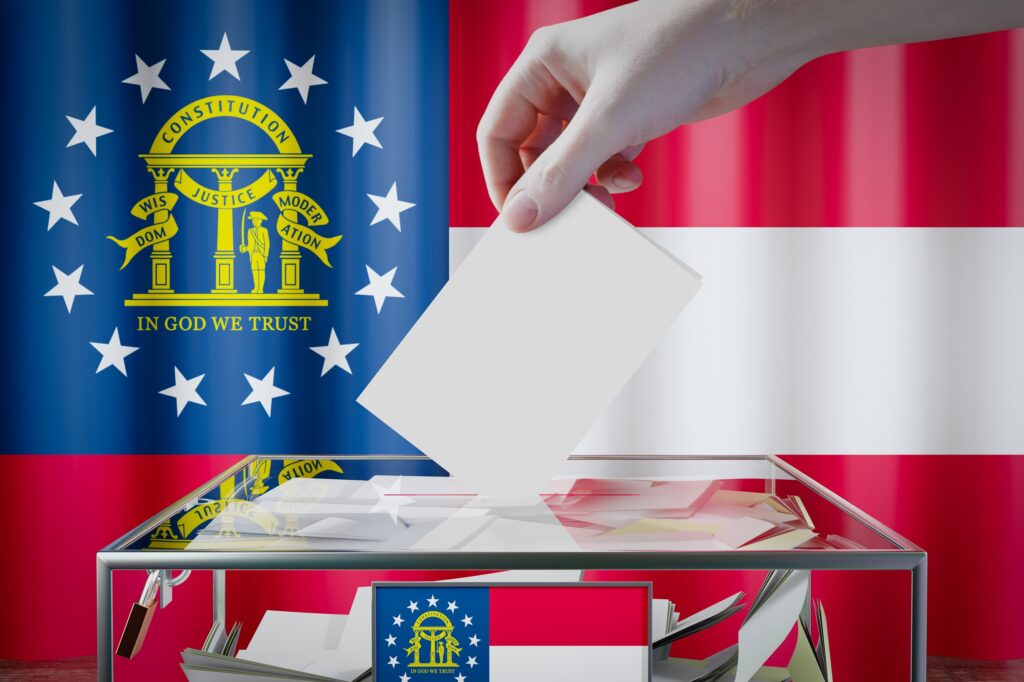Deposit refund systems are more effective than mandates
Author
Key Points
Managing pollution is a hard task for the government because it usually costs people nothing to pollute, but people have to undertake some burden to avoid pollution. Due to these issues, a market-based recycling policy would result in less pollution.
DRS (bottle bills) are an example of a market-based recycling policy, and research indicates states with bottle bills do recycle more.
Fears about major impacts on affected industries should be tempered, as current deposit refund systems have negligible impacts on total materials consumption. Increased materials reclamation, can, however, improve the environment and reduce reliance on foreign suppliers.
Press Release
Bottle Bills Bolster Recycling Rates
Media Contact
For general media inquiries and to book our experts, please contact pr@rstreet.org.
Introduction
Recent speculation that a federal level bill for a deposit return system (DRS) (commonly called a bottle bill), as well as recent efforts by states to reform DRSs, has renewed interest in what such environmental policies could mean. This policy brief explains what a DRS is, how effective DRSs are and how they compare to alternative recycling policies. Additionally, it highlights how market-based recycling policies such as a DSR might offer policy insight into broader environmental concerns.
Background: What are deposit refund systems (also known as bottle bills)?
A DRS is a recycling policy whereby a fee is levied on a recyclable product (usually a bottle or some returnable container). This fee is then refunded at the time of deposit. In Massachusetts, for example, each aluminum beverage can has a 5 cent fee attached to it; customers are refunded that fee when they deposit these cans. DRSs began as an environmental policy in the 1970s to address waste of single-use bottles, but have not been expanded much since. In fact, all of the systems currently in place—except for those in Hawaii (2002) and Guam (2010)—were enacted between 1971 and 1986.
The philosophy of the DRS is that a market-based policy that creates a financial motive for recycling behavior can result in improved recycling rates. DRSs are often supported by both environmental advocates and the consumers of recyclable materials, especially companies utilizing aluminum cans. Aluminum recycles infinitely, and it is often lower cost for companies to utilize recycled aluminum than it is to utilize virgin aluminum. This means that despite the presence of a fee that intrinsically diminishes demand for canned beverages, some companies support DRSs because boosted recycling rates mean reduced material input costs, resulting in net profits.
Opposition to DRSs can come in two forms: some believe that curbside recycling programs are more convenient and could lead to higher recycling rates, so they view DRSs as unnecessary; others believe DRSs represent an implicit tax and government expansion, and that the ecological and economic benefit of recycling is outweighed by the economic harm of redirecting capital to recycling instead of potentially more productive uses.
A comparison of data from DRS states to non-DRS states shows that curbside programs are less effective than DRSs. It is important to note that curbside recycling is not always convenient for beverage containers, which are not necessarily consumed at residences, or for consumers that do not own a home or lack residential access to curbside recycling.
The suggestion that DRSs create economic harm fails to acknowledge the implicit utility of what is sometimes referred to in economics as “the commons,” which is the value people place on having access to a clean environment, and the costs they are willing to bear to maintain it. In economics, preserving the environment can be a challenging issue because the cost for someone to pollute is essentially zero, but the transaction cost of recycling or proper waste management entails some burden on an individual. There is also limited private sector value in waste management—trash is trash, and only in rare instances does garbage contain value that outweighs the burdens of claiming the value (sorting, reusing, processing, etc.). As such, even the most small-government minded economists acknowledge that waste management is a public good that requires governmental policy to address, otherwise littering and environmental destruction would be rampant. It should also be noted that, generally, wealthier nations put a premium on environmental quality, since as citizens become wealthier, they are more likely to be willing to pay a premium to preserve the environment.
From a free-market perspective, a DRS can be a superior waste management policy to government mandates because individuals respond to price incentives, which the DRS provides. Additionally, enforcement of recycling or waste management mandates is difficult; unless there is a police officer on every corner or mile of interstate, catching littering or the dumping of waste is unlikely. The DRS provides a market-based alternative to the need for large governmental programs that may offer worse outcomes while also being more difficult to enforce.










